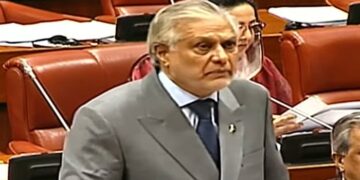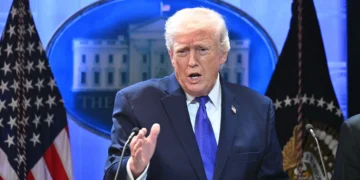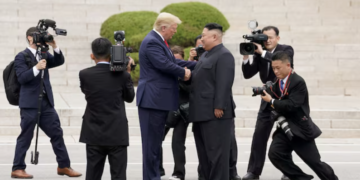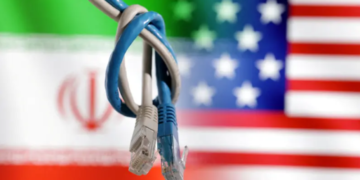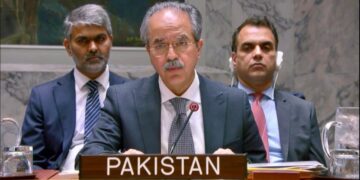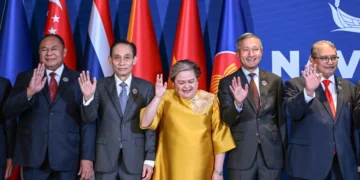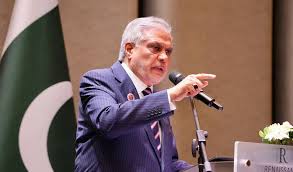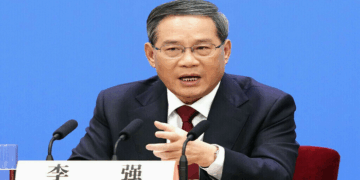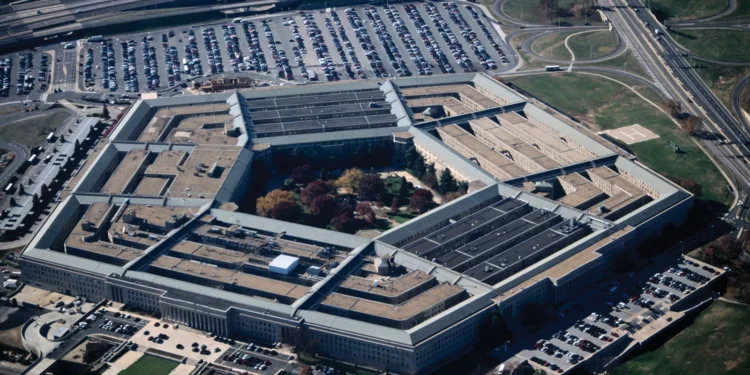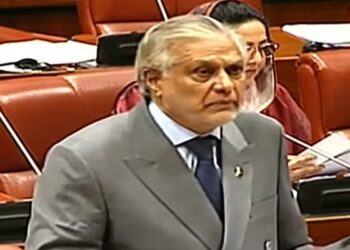WASHINGTON; The Pentagon has introduced sweeping new restrictions on media access, requiring reporters covering U.S. military affairs to pledge not to publish any information without formal authorisation and to limit their movements inside the Department of Defense headquarters.
According to a lengthy memo distributed this week, journalists must now sign an affidavit promising full compliance or risk losing their press credentials. The directive marks the latest effort by the Trump administration to tighten control over news coverage, coming after the president suggested that negative reporting could be considered “illegal.”
The memo states that the Pentagon “remains committed to transparency to promote accountability and public trust,” but stresses that all material — even if unclassified — must be cleared by an authorised official before release. This rule applies to both classified and “controlled unclassified information,” effectively preventing reporters from relying on unnamed sources.
The new guidelines also limit where reporters can move inside the Pentagon. Without an escort, journalists will no longer be allowed to walk freely in the halls of the world’s largest military complex. “The press does not run the Pentagon — the people do,” Defence Secretary Pete Hegseth declared on X. “Wear a badge, follow the rules, or go home.”
The announcement comes months after Hegseth faced criticism for leaking details of U.S. airstrikes on Yemen’s Houthis in a private Signal chat that included a journalist. Hegseth, a former Fox News host and Army veteran, was also reported to have shared the information in another group chat with his wife.
Media organisations and press advocates condemned the move. A spokesperson for The New York Times called it “yet another step in restricting public access to information funded by taxpayers.” National Press Club President Mike Balsamo warned that if military reporting must first be government-approved, then citizens are no longer receiving independent journalism but only “what officials want them to see.”
The restrictions follow Trump’s renewed attacks on the media. A day earlier, he told reporters that negative news coverage was “really illegal,” reiterating his claim that 97% of reporting on him and his administration was hostile. He also defended Federal Communications Commission (FCC) commissioner Brendan Carr, who recently threatened sanctions against broadcasters airing comedian Jimmy Kimmel’s remarks about activist Charlie Kirk’s assassination.
While Trump praised Carr as “a patriot,” even close ally Senator Ted Cruz expressed concern, comparing Carr’s tactics to mob intimidation scenes from Goodfellas.
Meanwhile, Trump’s own anti-media campaign suffered a blow when a federal judge dismissed his $15 billion defamation lawsuit against The New York Times, delivering a sharp rebuke of the former president’s case.






















